Ahmet Davutoglu has big plans for the year ahead in Turkey, but they are not all of President Erdogan’s ideas.
Recep Tayyip Erdogan’s move from the prime minister’s office to that of the presidency of Turkey has long seemed inevitable, and now it has come to pass. In doing so, he appears to have engineered a way to remain politically center stage after having to concede the prime minister’s office due to the two-term limit stipulated in the Justice and Development Party (AKP) policy.
There was speculation — including this author’s preview of Turkey in 2014 — that this might lead to a job swap with then-President Abdullah Gul, à la Vladimir Putin and Dmitry Medvedev in Russia. However, Erdogan and his supporters appear to have feared the prospect of Gul’s leadership of the party — the former prime minister also had to give up the chairmanship of the AKP in order to take the presidency — and the government.
Instead, the man maneuvered into position has been Ahmet Davutoglu, the scholar-turned-statesman who has led Turkey’s foreign ministry since 2009. Davutoglu is an intriguing choice, since he was first brought into politics and the AKP by Gul as a special advisor to the prime minister in 2002, before moving closer to Erdogan, the holder of decisive popular appeal in the party.
Gul and Erdogan were the founders of the AKP in 2001, following the outlawing of the Fazilet (Virtue) party by the Turkish Constitutional Court. Their relationship has been a complex one. While Gul is viewed as more moderate, pro-European but less charismatic, Erdogan is seen as more radical, less keen on Europe and a populist grandstander.
Gul’s relationship with the former prime minister has become more strained as Erdogan’s power has increased. Despite a short caretaker role as prime minister in 2002, he made way for Erdogan and has since held the largely ceremonial presidency. What Gul would like is the real power of the AKP chairmanship and the prime minister’s role. However, with Erdogan barring this avenue, he is left with a choice between a fight and potentially total defeat or a graceful exit.
The conservative, established business elites, such as the Dogan and Ciner media empires, tend to favor Gul within the AKP. These elites are natural supporters of the secular opposition, the Republican People’s Party (CHP), but with the opposition ineffectual, they are now quietly aligned with the AKP. For now, though, they also acknowledge that within the AKP and in popular public opinion, Erdogan has the power.
Whose Man is Davutoglu?
The power play between Erdogan and Gul begs the following question: Whose man is Davutoglu? The perhaps unspectacular answer is that he is both of theirs and his own. There has been feverish speculation recently about just who Davutoglu is and what he believes. This has included the publication of an essay and a series of articles by Behlul Ozkan, a former student of Davutoglu’s, painting a portrait of a man on a pan-Islamist mission.
There was speculation — including this author’s preview of Turkey in 2014 — that this might lead to a job swap with then-President Abdullah Gul, à la Vladimir Putin and Dmitry Medvedev in Russia. However, Erdogan and his supporters appear to have feared the prospect of Gul’s leadership of the party.
Clearly, in the current climate of Middle Eastern counterrevolution and Western hysteria at the rise of the Islamic State, calling anyone a pan-Islamist is highly emotive. However, it is helpful to consider the details of Davutoglu’s strategic thinking rather than simply the labels of pan-Islamism or neo-Ottomanism that have been applied to it.
As a scholar, Davutoglu drew up a foreign policy doctrine under the title of “strategic depth,” which saw a newly assertive Turkey realigning itself after the end of the Cold War. Rather than a pivot away from western Europe and the United States, with whom Turkey had aligned throughout the 20th century as a key NATO bulwark against the communist East, Davutoglu’s vision was for Turkey to open itself up to the East as well, turning itself into the hub it historically has been for the exchange of goods and ideas.
As a devout Muslim, Davutoglu clearly believes the rejection of Islam and the Middle East by the Kemalist elite of Turkey throughout the 20th century has been damaging to Turkish culture as well as its economy. His desire to right these perceived wrongs put him on a collision course with secular Kemalists in Turkey; yet they do not put him on a collision course with the West, for built into Davutoglu’s vision was a desire for renewed engagement with external actors.
This renewed engagement — focused around the policy principle of “zero problems with neighbors” — was as much about affecting change within Turkey as it was about the country’s external relations. It was a change in the mindset of Turks about their neighbors. This meant engaging with neighbors culturally as well as economically and politically.
Furthermore, as Davutoglu explained in Foreign Policy: “It was in no way meant to suggest that Turkey would pursue a values-free realpolitik agenda.” Hence why, when confronted with a choice, the AKP chose to back the popular uprising in Syria over continued support for the Assad government. The tone as well as the content of Turkish policy was what Davutoglu wanted to change.
The Anchor of Europe
Ever since the AKP came to power, one of its greatest strengths and most valuable protectors has been its desire for and earnest pursuit of European Union (EU) membership. It helped to drive reform in Turkey and shield the AKP from the secular establishment’s wrath.
The spat between former allies Erdogan and Fethullah Gulen has become very damaging. Gulen is an exiled Islamic preacher living in the US whose supporters are deeply imbedded in the judiciary, bureaucracy and other public services.
While it has become increasingly clear that Erdogan feels he can live without the EU, Davutoglu’s record, like Gul’s, reveals a man who sees the merit of close ties to Europe. This is evidenced in his choice of Volkan Bozkır as the new EU minister, a man determined to drive forward Turkey’s bid as a “strategic objective.”
A knock-on effect of the EU membership negotiations has been pressure for reform in the area of Kurdish relations, and this is another area set to be prioritized by Davutoglu. He has placed his key confidante, Yalçın Akdoğan, to lead negotiations with the Kurds, with their politicians likely to play a decisive role in helping the AKP get the votes it needs in parliament to rewrite the military constitution of 1981.
Trouble Ahead?
Davutoglu’s continued commitment to both the EU accession process and the Kurdish peace process are positive for Turkey and its hopes of democratization, economic growth and peace. However, there are less encouraging factors on the horizon, and these have mainly to do with political infighting.
First, the spat between former allies Erdogan and Fethullah Gulen has become very damaging. Gulen is an exiled Islamic preacher living in the US whose supporters are deeply imbedded in the judiciary, bureaucracy and other public services. Until 2013, there had been a tacit alliance between Erdogan and Gulen against the Kemalist establishment. This has begun to unravel as Erdogan consolidated his power.
The police probe of December 2013 that the AKP leaders believe was activated by the Gulenists in an attempt to topple the government has led to a strong backlash. Davutoglu has echoed Erdogan in prioritizing the eradication of what they term the “parallel state.” While the nature of the Gulen movement is indeed opaque, the AKP dragnet smacks of political score settling with a former ally. It is unedifying and will not win the AKP wider support.
On the subject of unedifying spectacles, the other area of unrest ahead is within the AKP itself. The Erdogan camp’s heavy-handed sidelining of former President Gul has clearly hurt him, as his wife’s outbursts at his departing engagement as president demonstrated. He will be keen to inflict damage upon the Erdogan camp if they show signs of weakness in the upcoming 2015 elections.
Predictions
We can expect to see evidence of strains between the Erdogan and Gul camps in the AKP over the coming months, even if those strains do not surface into the public eye. Davutoglu will aim to chart a middle course between the two diverging streams in the party, as has been his instinctive response.
While this may appear to present a crisis in the AKP, it will not threaten the overall stability of the party due to two reasons. First, the success of the AKP, and of Erdogan at the ballot box, will keep a lid on any dissent — at least until after the 2015 elections. Second, energies will remain focused on external threats outside the AKP, most notably the Gulen movement and the secular opposition.
It has been claimed that Davutoglu may baulk at Erdogan’s plans for a strong presidency, a move that would diminish the prime minister’s power. However, pragmatism is likely to mean that Davutoglu continues to engineer the conditions to strengthen the AKP’s hand in parliament, which will not only lead to a strong presidency but other goals Davutoglu likely holds dearer — namely, the writing of a new constitution and the conclusion of a peace deal with the Kurds.
The months leading toward the 2015 general elections will be crucial, as Erdogan and Davutoglu both take the temperature of their new roles and of Turkey’s capacity for change. Both are aiming high and know the stakes are huge. Yet Davutoglu will be aiming to stick around. While he might be President Erdogan’s friend, he will also attempt to not become Gul’s enemy.
The views expressed in this article are the author’s own and do not necessarily reflect Fair Observer’s editorial policy.
Support Fair Observer
We rely on your support for our independence, diversity and quality.
For more than 10 years, Fair Observer has been free, fair and independent. No billionaire owns us, no advertisers control us. We are a reader-supported nonprofit. Unlike many other publications, we keep our content free for readers regardless of where they live or whether they can afford to pay. We have no paywalls and no ads.
In the post-truth era of fake news, echo chambers and filter bubbles, we publish a plurality of perspectives from around the world. Anyone can publish with us, but everyone goes through a rigorous editorial process. So, you get fact-checked, well-reasoned content instead of noise.
We publish 2,500+ voices from 90+ countries. We also conduct education and training programs
on subjects ranging from digital media and journalism to writing and critical thinking. This
doesn’t come cheap. Servers, editors, trainers and web developers cost
money.
Please consider supporting us on a regular basis as a recurring donor or a
sustaining member.
Will you support FO’s journalism?
We rely on your support for our independence, diversity and quality.


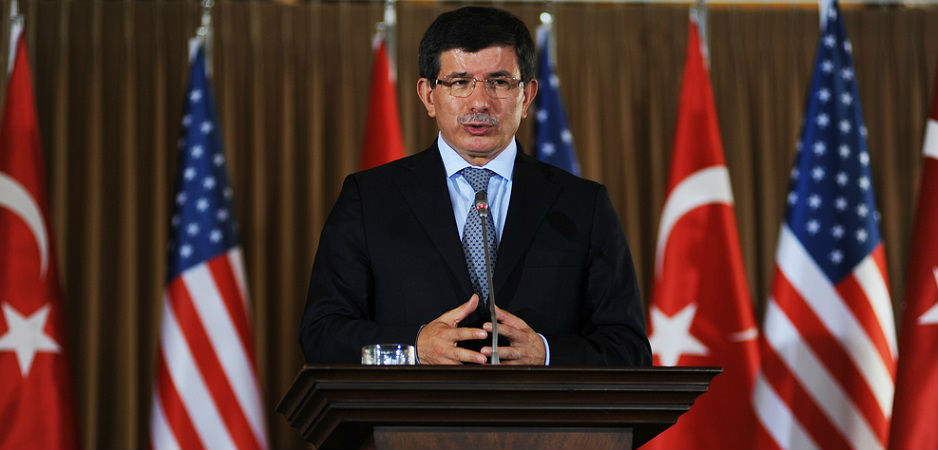
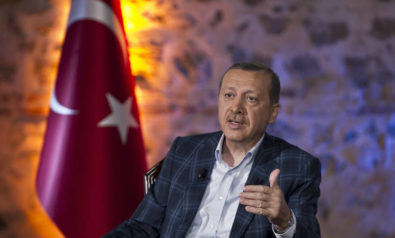
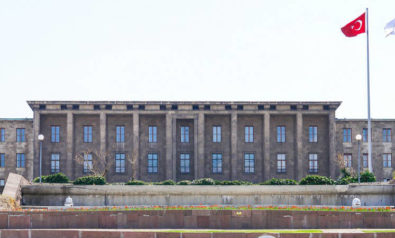
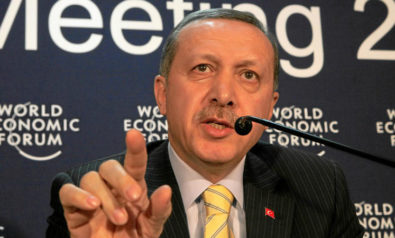


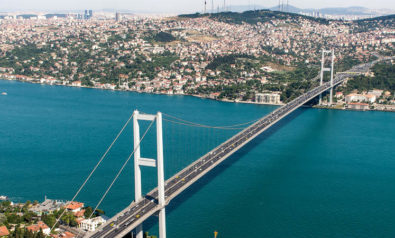
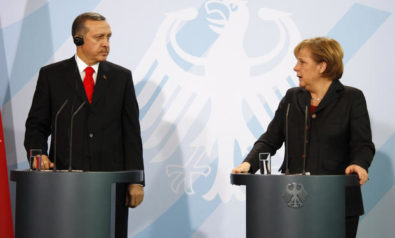
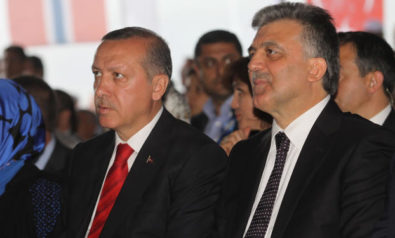
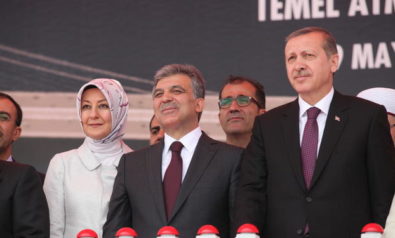
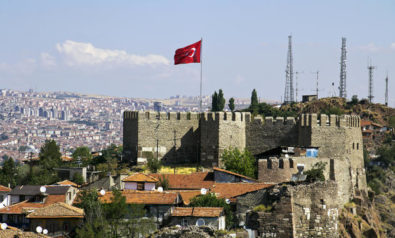
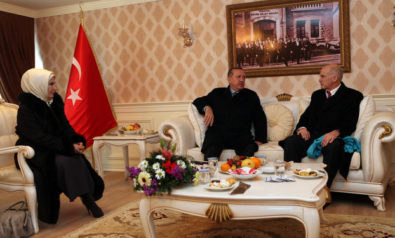
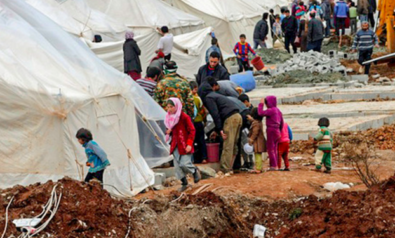
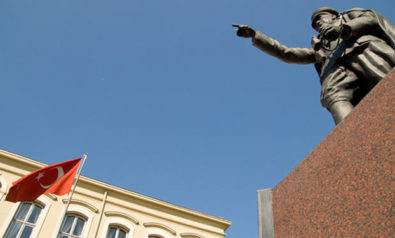
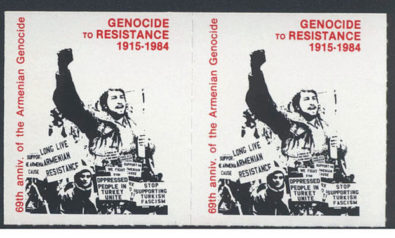

Comment